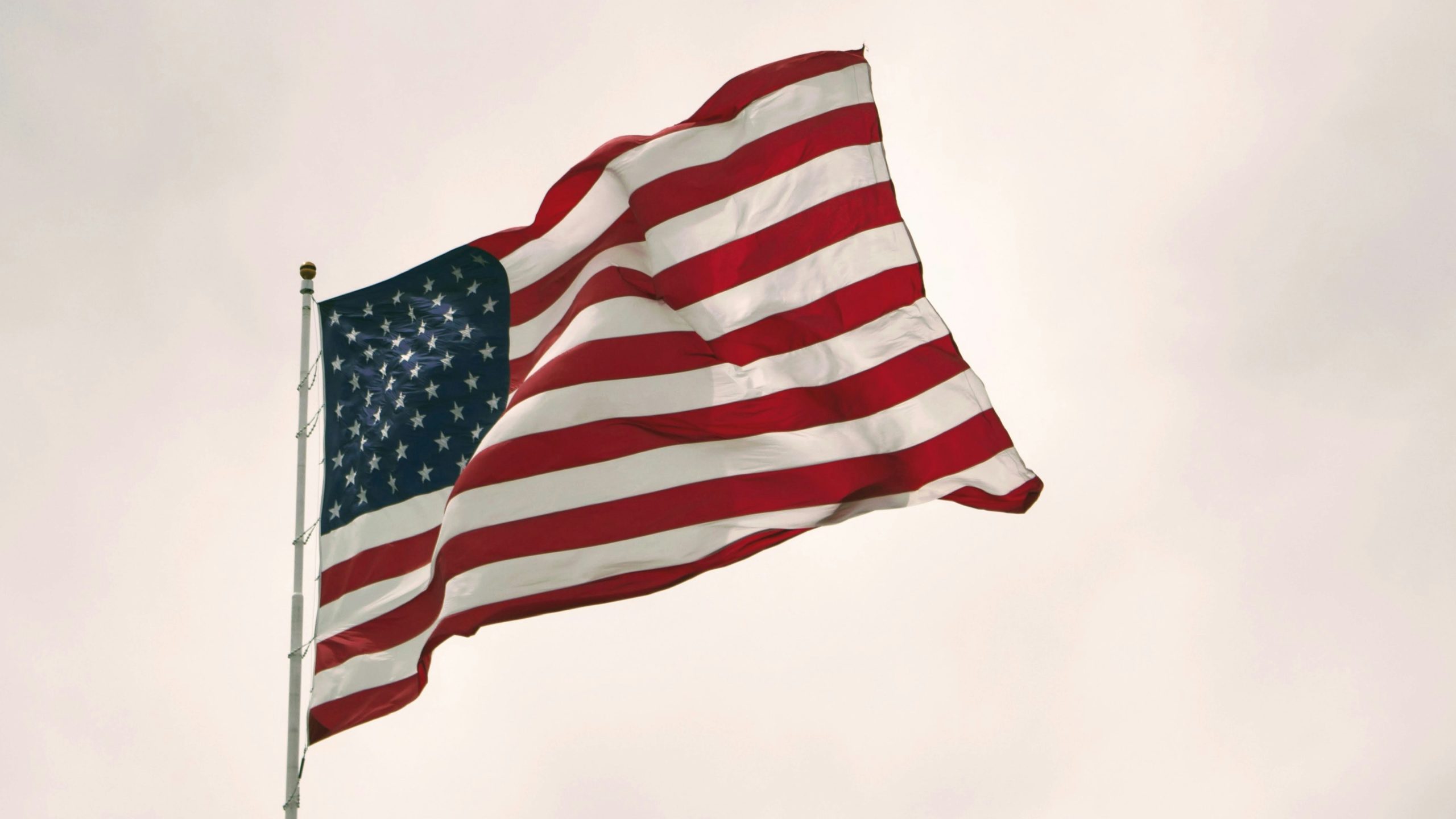DIRCO condemned the Afrikaner refugee policy and called it a political choice that undercuts global refugee norms. The department argued that South Africa protects all communities and that race-based preferences distort humanitarian principles. Moreover, officials warned that the move fuels polarisation at home and abroad.
Afrikaner refugee policy details
The US set its 2026 refugee ceiling at 7 500 and signalled priority for white Afrikaners. Officials framed the change as a safety response. However, the pivot departs from a regional model that weighed need and vulnerability across multiple crises. Consequently, fewer places may remain for people fleeing wars and disasters elsewhere.
DIRCO’s response to AfriForum
DIRCO criticised AfriForum for endorsing the Afrikaner refugee policy and seeking foreign backing for local debates. The department said the group should engage democratic institutions rather than outsource advocacy to Washington. Additionally, DIRCO rejected claims that South Africa singles out Afrikaners for harm, pointing instead to constitutional protections and the rule of law.
AfriForum’s stance and backlash
AfriForum argued that the policy recognises real security fears and insisted it raises them to protect its community. Critics say the Afrikaner refugee policy elevates one group above others and ignores broader social cohesion. Therefore, they call for solutions that strengthen safety for everyone, not a queue jump for a few.
Impact on South Africans
This dispute shapes how the world reads our democracy and how neighbours talk to each other. On the one hand, supporters of the Afrikaner refugee policy claim it offers a lifeline to worried families. On the other, opponents believe it undermines equality and invites stigma.






